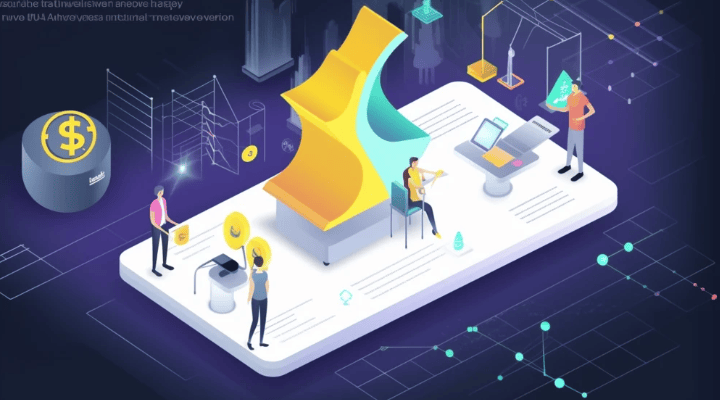Experience AI-Driven Investing with Free Trial Funds
Enjoy $100 in free trial funds to test AI quant strategies on TrustStrategy - no risk, no commitment, just results.
Start NowNews|February 5, 2024|2 min read

February 2024 – A groundbreaking study by a leading AI quantitative research team has uncovered that over 80% of profitable DeFi arbitrage opportunities emerge between 12 AM and 4 AM UTC, when trading activity slows and liquidity imbalances peak. The findings, based on 12 months of cross-chain data analysis, highlight how algorithmic efficiency—not just strategy—is the ultimate determinant of arbitrage success in decentralized finance.
This research provides the first data-backed evidence of time-dependent inefficiencies in DeFi markets, offering a roadmap for traders, protocols, and liquidity providers to optimize their operations.
81.3% of arbitrage profits occur in the 4-hour midnight window (UTC)
Ethereum L2 arbitrage is 3.2x more frequent than mainnet due to lower latency
Slow bots miss 68% of opportunities—profitable windows last under 8 seconds
Stablecoin pairs account for 73% of high-frequency arb chances
Lower Gas Competition: Fewer traders = cheaper transaction execution
Asian Market Inactivity: Liquidity gaps form during offline hours
Protocol Updates: Many DAOs execute upgrades overnight, creating temporary mispricings
Fewer Frontrunners: Reduced MEV bot density increases success rates
Sub-200ms bots capture 92% of available arb value
1-second latency cuts profits by 47%
Machine learning models that predict (not just react) boost returns by 31%
Cross-DEX Stablecoin Slippage (Avg. $12.7K daily profit per bot)
Lending Protocol Rate Arbitrage (7.2% ROI per opportunity)
NFT Floor Price vs. Perp Swaps (High-risk but 22x returns)
Hedge funds are retiming server allocations to prioritize night shifts
DeFi protocols may introduce dynamic fees to reduce off-hour inefficiencies
Retail traders can leverage scheduled limit orders for residual gains
MEV democratization: Open-source bots allow smaller players to compete
Protocol-level fixes: Uniswap v4 hooks could enforce fairer price updates
Transparency tools: New dashboards track arbitrage distribution patterns
Predictive latency modeling using quantum computing
Cross-chain flash loan arbitrage optimization
Regulatory impacts of time-based market advantages
This study proves that in DeFi, when you trade matters as much as what you trade—a paradigm shift for algorithmic strategies.

News|July 31, 2024

News|July 28, 2024

News|July 25, 2024

News|July 22, 2024
 Gate
Gate
 Binance
Binance
 Coinbase
Coinbase
 OKX
OKX
 Raydium
Raydium
 Bitget
Bitget
 MEXC
MEXC
 Hyperliquid
Hyperliquid
Copyright © 2018–2025 TrustStrategy. All rights reserved.